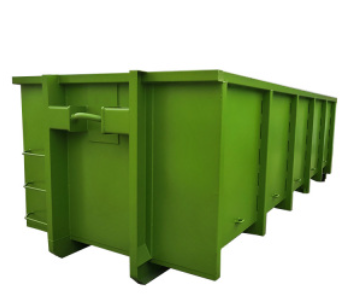Self-tipping bins are revolutionizing the way we manage waste. They are more efficient, cost-effective, and environmentally friendly than traditional Waste Management methods. Self-tipping bins are the future of waste management because they offer numerous benefits, including improved safety, reduced costs, increased efficiency, and sustainability.
Improved Safety
Self-tipping bins are designed to be safer than traditional waste management methods. The bins are equipped with sensors and automation systems that reduce the risk of accidents and injuries. Workers no longer need to manually handle heavy bins or use dangerous equipment like forklifts. The self-tipping bins also reduce the risk of spillage, which can pose a safety hazard.
Reduced Costs
Traditional waste management methods can be expensive due to the cost of labor, equipment, and maintenance. Self-tipping bins require minimal labor and maintenance costs, and they can handle more waste in less time. They are also more durable than traditional bins, reducing the need for frequent replacements. Self-tipping bins also offer cost savings by reducing the need to transport waste to landfills, as some self-tipping bins have compactors for compression.
Increased Efficiency
Self-tipping bins are designed for efficiency. They are equipped with sensors that detect when the bin is full, and automatically empty the bin into a larger Container. This automation reduces the need for manual labor, increasing the efficiency of waste management operations. Self-tipping bins also help to reduce the time spent on waste management, allowing workers to focus on other tasks.

Sustainability
Self-tipping bins are helping to make waste management more sustainable. They are designed to be more environmentally friendly than traditional waste management methods. The self-tipping bins can incorporate recycling and composting technology, reducing the amount of waste that goes to landfills.
Furthermore, self-tipping bins can reduce the amount of carbon emissions associated with waste management. As the bins are designed to hold more waste, they reduce the number of trucks required to transport the waste. By reducing the number of trucks required, there is less carbon emissions into the atmosphere.
In conclusion, self-tipping bins are the future of waste management due to their numerous benefits. Improved safety, reduced costs, increased efficiency, and sustainability are just a few of the advantages that self-tipping bins offer. The development and implementation of these waste management technologies will help to create a cleaner and more sustainable future for us all.




Comment
(0)